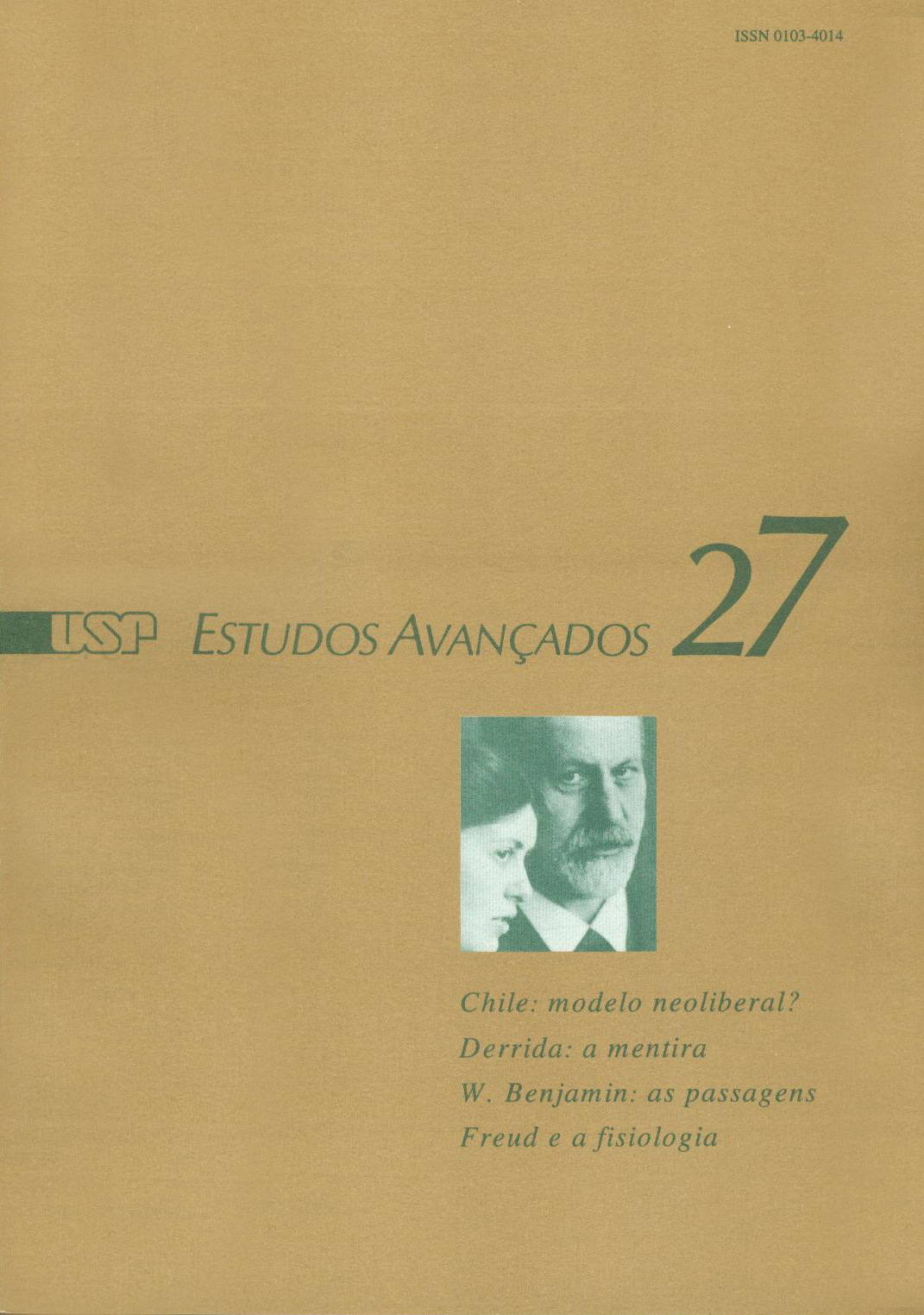Quando o humor azeda: o episódio Rushdie em retrospectiva
Abstract
This paper is an attempt to review in retrospect the episode involving Salman Rushdie and his novel The satanic verses. I begin my analysis by calling attention to the fact that both the plot of the novel and the socio-historico-political backdrop against which it is projected are so steeped in India's cultural milieu that it is indeed surprising that the novel became such an explosive issue on the international scenario. But then I argue that there is an important lesson to be learned from all this concerning reading and interpretation. No matter what Rushdie or anybody else could possibly have done by way of retracing the steps or pleading with Iran's enraged ayatollahs for clemency, there was no way his novel could have been subjected to a re-reading - the one final and definitive interpretation had already been foisted upon the ill-fated novel. This is Rushdie's postmodern predicamente. Irony - the one weapon he had so skilfully wielded not only in The satanic verses but in his earlier novels as well, turned back on him, producing an unexpected boomerang effect. What we have here is a case of the politics of irony at work.Downloads
Download data is not yet available.
Downloads
Published
1996-08-01
Issue
Section
Texts
License
Estudos Avançados não celebra contrato de cessão de direitos autorais com seus colaboradores, razão pela qual não detém os direitos autorais dos artigos publicados. Os interessados em reproduzir artigos publicados na revista devem necessariamente obter o consentimento do autor e atribuir devidamente os créditos ao periódico.
How to Cite
Rajagopalan, K. (1996). Quando o humor azeda: o episódio Rushdie em retrospectiva . Estudos Avançados, 10(27), 115-126. https://www.journals.usp.br/eav/article/view/8939


